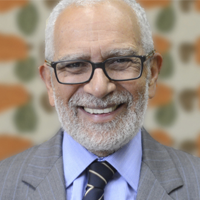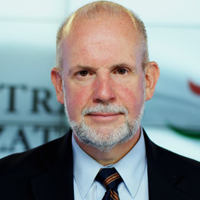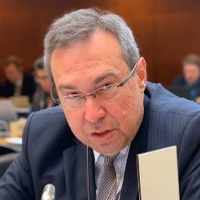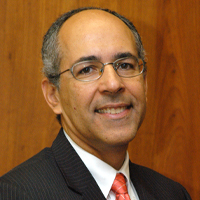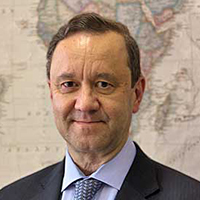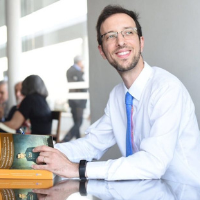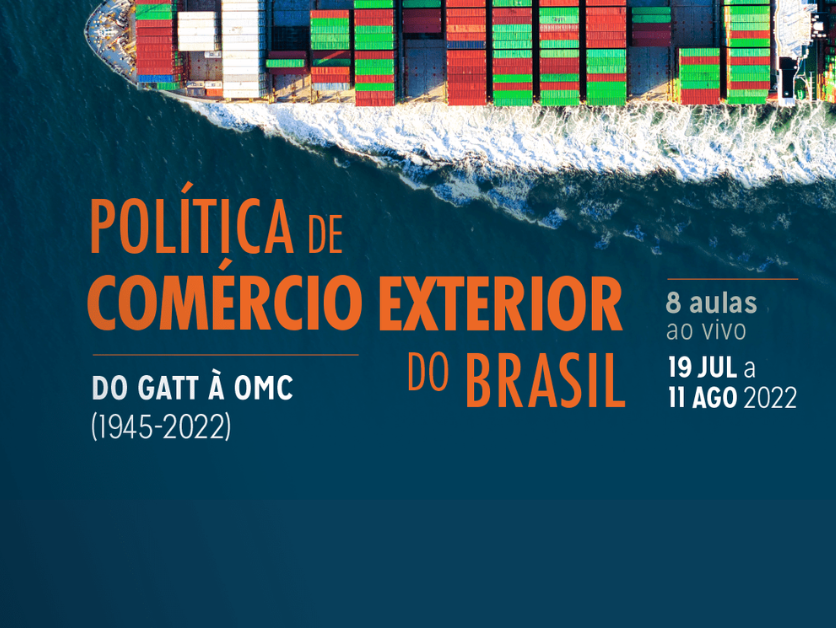
Countries, like human beings, have needs. Their strategies and actions in the foreign sphere must be designed and executed in function of these needs. Hence the essentiality of trade, the only economic activity that generates wealth, the best and main form of cooperation between countries and societies, since it integrates, aggregates, unites, creates strong bonds, stimulates investments, brings prosperity, modernizes industries, meets consumer demand, de-concentrates income, democratizes, civilizes.
The economic history of Brazil from the 1930s onwards is the search for economic and social development through interventionist policies and measures whose roots go back to the mid-19th century, when the coffee culture started to expand towards São Paulo and the country ended up becoming, around 1890, the world's largest supplier of coffee.
In fact, since before the time when the export boom created the financial basis for the subsequent implementation of Brazil's industrial park, foreign trade has always played a fundamental role in our development process. And as we have never lacked objective factors for us to acquire the classical, absolute and/or comparative advantages in several productive sectors. On the other hand, non-economic-trade factors have influenced, and still influence today, the formulation of the country's trade policy.
To tell the story of Brazil's foreign trade policy from the signing of the Protocol of Provisional Application of the General Agreement on Tariffs and Trade (GATT) until the 12th WTO Ministerial Conference, CEBRI's International Trade and Global Economy Program invited 11 renowned specialists to eight sessions between July 19 and August 11 of this year to deliver a program of presentations followed by comments and a Q&A session.
DURATION:
8 aulas
Time:
6 to 7:30 pm (BRT - Brasilia)
Platform:
Zeeplo
Membership options:
Online
Language:
Portuguese only
Investment:
R$ 400
Share

Countries, like human beings, have needs. Their strategies and actions in the foreign sphere must be designed and executed in function of these needs. Hence the essentiality of trade, the only economic activity that generates wealth, the best and main form of cooperation between countries and societies, since it integrates, aggregates, unites, creates strong bonds, stimulates investments, brings prosperity, modernizes industries, meets consumer demand, de-concentrates income, democratizes, civilizes.
The economic history of Brazil from the 1930s onwards is the search for economic and social development through interventionist policies and measures whose roots go back to the mid-19th century, when the coffee culture started to expand towards São Paulo and the country ended up becoming, around 1890, the world's largest supplier of coffee.
In fact, since before the time when the export boom created the financial basis for the subsequent implementation of Brazil's industrial park, foreign trade has always played a fundamental role in our development process. And as we have never lacked objective factors for us to acquire the classical, absolute and/or comparative advantages in several productive sectors. On the other hand, non-economic-trade factors have influenced, and still influence today, the formulation of the country's trade policy.
To tell the story of Brazil's foreign trade policy from the signing of the Protocol of Provisional Application of the General Agreement on Tariffs and Trade (GATT) until the 12th WTO Ministerial Conference, CEBRI's International Trade and Global Economy Program invited 11 renowned specialists to eight sessions between July 19 and August 11 of this year to deliver a program of presentations followed by comments and a Q&A session.

.png)
